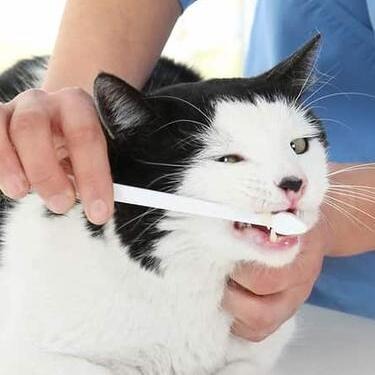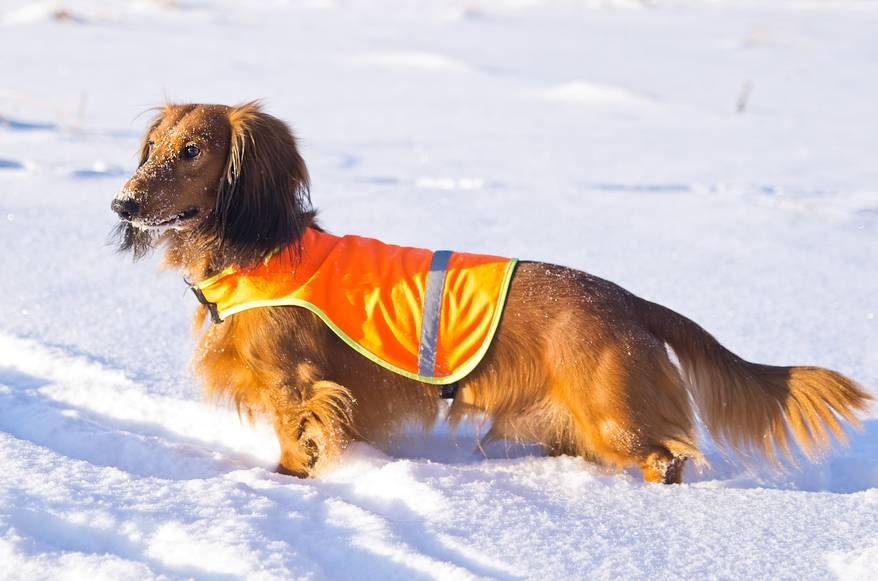
-
Find the right food for your petTake this quiz to see which food may be the best for your furry friend.Find the right food for your petTake this quiz to see which food may be the best for your furry friend.Featured products
 Adult Small & Mini Lamb Meal & Brown Rice Recipe Dog Food
Adult Small & Mini Lamb Meal & Brown Rice Recipe Dog FoodFor the faster metabolism of Small & Mini dogs
Shop Now Adult Chicken & Barley Recipe Dog Food
Adult Chicken & Barley Recipe Dog FoodSupports lean muscle and beautiful coat for adult dogs
Shop Now Puppy Lamb Meal & Brown Rice Recipe
Puppy Lamb Meal & Brown Rice RecipeVital nutrients to support 5 essential building blocks for lifelong health
Shop NowFeatured products Adult Chicken & Barley Recipe Dog Food
Adult Chicken & Barley Recipe Dog FoodSupports lean muscle and beautiful coat for adult dogs
Shop Now Adult Indoor Chicken Recipe Cat Food
Adult Indoor Chicken Recipe Cat FoodSupports energy level and beautiful fur in indoor cats
Shop Now Hill's Science Diet Adult Sensitive Stomach & Skin Chicken Recipe Dog Food
Hill's Science Diet Adult Sensitive Stomach & Skin Chicken Recipe Dog FoodHighly digestible recipe, gentle on stomachs. Nourishes skin & promotes a lustrous coat
Shop Now -
Dog
- Dog Tips & Articles
-
Health Category
- Weight
- Food & Environmental Sensitivities
- Urinary
- Digestive
- Joint
- Kidney
-
Life Stage
- Puppy Nutrition
- Adult Nutrition
- Senior Nutrition
Cat- Cat Tips & Articles
-
Health Category
- Weight
- Skin & Food Sensitivities
- Urinary
- Digestive
- Kidney
-
Life Stage
- Kitten Nutrition
- Adult Nutrition
Featured articles My Pet Ate a Lizard — What Should I Do?
My Pet Ate a Lizard — What Should I Do?Learn what to do if your pet eats a lizard, including whether they can be toxic and symptoms to keep an eye on when they've swallowed one.
Read More Virtual Vet Visits: What You Need to Know
Virtual Vet Visits: What You Need to KnowLearn the ins and outs of a televet appointment before you talk to a vet online.
Read More Pet Dental Health: What Happens During a Deep Teeth Cleaning?
Pet Dental Health: What Happens During a Deep Teeth Cleaning?Learn about veterinary dental care for your pet, including deep teeth cleaning procedures, which can help your dog or cat maintain proper dental health.
Read More -


Dogs have been hunting by their masters' sides for centuries. The instincts to retrieve, bark up trees and point are natural in dogs like retrievers, English setters and feists. Hunting with dogs can bring both you and them great satisfaction, and you'll be taking part in a sport that stretches back generations.
No matter what game you are pursuing on the hunt, it's critical to ensure your dog's safety while in the field.
First and foremost, make sure your dog is trained for hunting. This is not an overnight process! Find a local trainer to work with or consult books like Richard Wolters' Water Dog: Revolutionary Rapid Training Method, which is considered a training classic.
Is your dog ready for action? Check yourself against a list put together by the Billings Animal Family Hospital in Billings, Montana to help people who are hunting with dogs.

Before the Hunt
- Visit a vet: You certainly don't want your dog to return from a hunt with a disease like rabies or Lyme disease. Before heading out for hunting season, it's important to visit your veterinarian to make sure your dog is up-to-date on all vaccinations and is taking the proper medications to prevent parasites.
- Think safety first: You're not the only one who should be wearing a brightly colored safety vest on a hunt. Your dog should also be outfitted in an orange safety vest so other hunters are aware of his presence. If you're planning on letting your dog off the leash, you should invest in a breakaway collar, which allows your dog to break free in case he becomes tangled in branches or unseen water hazards. Always make sure that he has his ID tags, and consider microchipping him in case the two of you get separated.
Dogs also have much more sensitive hearing that humans. So, if you are hunting with rifles or shotguns be cognizant of your dog's hearing. Never shoot too close to him. You might even consider some doggie headphones to protect his hearing when he isn't being used to listen for potential game. - Invest in a pet first aid kit: When hunting with dogs, there is a chance that your dog might get hurt. Even a minor cut that isn't treated can become a much bigger problem if it becomes infected. That's why you should always carry a pet first aid kit with you on a hunt. A few recommendations are equipping your kit with supplies like bandages, antiseptic and tweezers.


Tasty Tips
During the Hunt
- Transport safely and comfortably: Dogs should never be left loose in the bed of a pickup truck. Instead, if traveling by truck, secure a crate in the pickup bed and make sure he is sheltered from the wind and has a soft, dry place to rest. If traveling by car, a secured crate or a dog seat belt is suggested.
- Watch for hypothermia: Hypothermia in dogs can be a serious concern, especially if the dog gets wet. Watch for signs of hypothermia and always dry your dog as much as possible. Be sure to provide a safe spot that is protected from wind so he can rest comfortably during breaks from his work.
- Look out for heat exhaustion: If your dog is exhibiting symptoms like heavy panting, drooling, confusion and weakness, he may be suffering from heat exhaustion.
- Ensure access to fresh water: Keep your dog hydrated by bringing along a portable water bowl and letting him drink whenever he is thirsty.
- Keep food with you: Hunts can often take hours to a full day, and just as you get hungry, so will your faithful companion. Make sure to bring along a bowl and his dog food to ensure he can eat close to his normal schedule. You might even include a little extra food than you normally feed if the hunt will require him to be more active than normal since he will burn more calories.
Always take the time to properly train your dog, and follow the steps necessary to prepare in advance of a hunting trip. Proper preparation for a hunt will go a long way to ensuring a rewarding and invigorating bonding experience for you and your dog. If your dog does not take to hunting when you go out, or even looks stressed, do not force it on him. Accidents can happen when your dog does not properly follow his training due to stress or anxiety. Hunting can be very dangerous, so it is important to always err on the side of caution.


Kara Murphy is a freelance writer and pet parent who lives in Erie, Pa. She has a goldendoodle named Maddie.
Related products

Supports energy level and beautiful coat in mature dogs who prefer smaller kibble

Vital nutrients to support 5 essential building blocks for lifelong health

For the faster metabolism of Small & Mini dogs

Supports lean muscle and beautiful coat for adult dogs
Related articles

Discover how the field of dog science is giving us more and more insights into the inner workings of our furry best friends.

Proper nutrition for your pregnant or nursing dog is vital to her and her puppy's health. Learn what you should do provide her with the proper nutrients.

Your dog's coat and skin are a big part of your dog's overall health. Ensure you keep your dog's coat healthy, by following these simple tips.

Learn about Hill's puppy food and the nutritional benefit & high quality ingredients that it contains for your pup.

Put your dog on a diet without them knowing
Our low calorie formula helps you control your dog's weight. It's packed with high-quality protein for building lean muscles, and made with purposeful ingredients for a flavorful, nutritious meal. Clinically proven antioxidants, Vitamin C+E, help promote a healthy immune system.
Put your dog on a diet without them knowing
Our low calorie formula helps you control your dog's weight. It's packed with high-quality protein for building lean muscles, and made with purposeful ingredients for a flavorful, nutritious meal. Clinically proven antioxidants, Vitamin C+E, help promote a healthy immune system.

